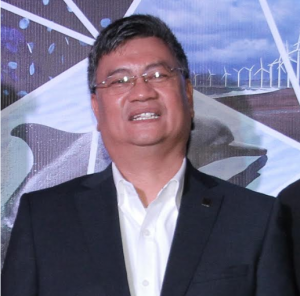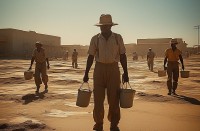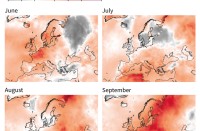
Top environmental solutions-provider World Wide Fund for Nature Philippines (WWF-Philippines) recently named Jose Angelito Palma as its new President and Chief Executive Officer, effective January 2015. Palma brings with him a wealth of experience, plus strong leadership and expertise in the environment and conservation sectors.
Palma brings with him a wealth of experience, plus strong leadership and expertise in the environment and conservation sectors.
Palma handled the sea turtle conservation project of the Philippine Department of Environment and Natural Resources (DENR) before moving to WWF-Philippines as Project Manager for the Turtle Islands in Tawi-Tawi.
He rose from the ranks – serving as Director of the Species Conservation Program and Assistant Vice-president for Field Operations.
In 2007, Palma was appointed Vice-president for Conservation Programs. During his posting, he provided organizational direction and strategic interventions for WWF-Philippines’ national programs, while being involved in regional programs of the WWF Global Network, such as the Coral Triangle Initiative. He designed and implemented the integration of national and regional programs, plus the organization’s contribution to the achievement of the WWF Global Network’s meta-goals: biodiversity conservation and the management of the human footprint.
Palma earned his BS Fisheries (Major in Inland Fisheries) Degree from the University of the Philippines in 1984. In 2007, the Chevening Scholarship Program of the United Kingdom awarded him the Governance and Environmental Democracy Fellowship at Wolverhampton University.
Palma succeeds Jose Ma. Lorenzo Tan, who served as the organization’s President and CEO from 2001 to 2007, and 2009 to 2014. Tan retains his position as Vice-chairman of WWF’s National Advisory Council.
“We will scale up our work in managing our natural capital, preparing communities to adapt to the impacts of climate change, and promoting practical and long-term environmental solutions. But the current challenge is for us to produce more with less, to help secure food, water, and energy sources for future generations,” says Palma.
“The challenges confronting us are non-linear and very daunting. But with the strong collaboration of WWF-Philippines with allies in government, the business sector, local communities, development and aid agencies, plus individual supporters, we can formulate solutions towards a more sustainable Philippines.”







